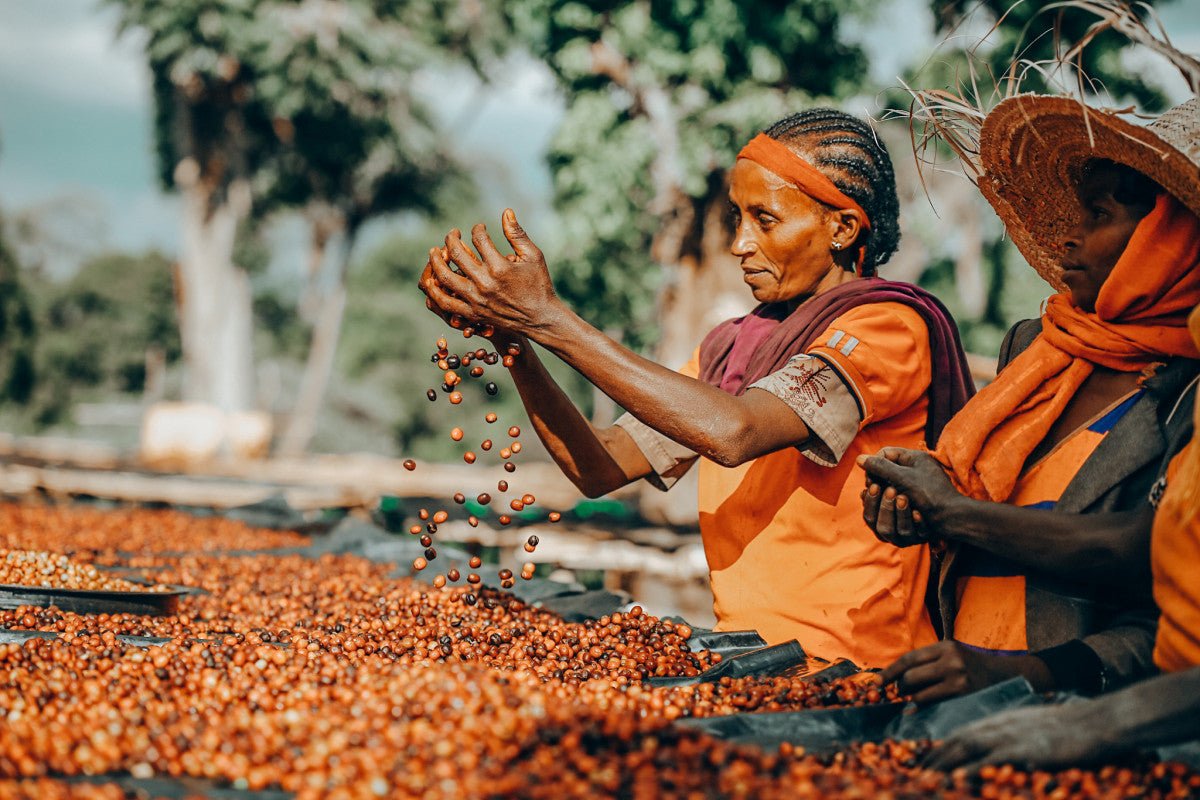
The story of coffee’s origin is as rich and intriguing as the beverage itself. According to Ethiopian legend, coffee was first discovered by a goat herder named Kaldi in the lush highlands of Ethiopia. The tale dates back to around the 9th century, when Kaldi noticed that his goats became unusually energetic after eating the red berries from a certain shrub. Curious, Kaldi decided to try the berries himself, and soon, he too was filled with a newfound vigor.
Kaldi shared his discovery with a local monk, who, intrigued by the berries’ effects, brought them to his monastery. The monk attempted to make a drink from the berries, hoping they could help him stay awake during long hours of prayer. To his amazement, the drink kept him alert and focused, and soon the knowledge of this energizing brew began to spread. Word traveled quickly, and coffee’s reputation grew across Ethiopia, eventually reaching the Arabian Peninsula and beyond.
As coffee made its way to different regions, it was embraced not only for its stimulating properties but also for its potential to bring people together. It was in the Middle East where coffeehouses first emerged, becoming centers of conversation, culture, and community—a tradition that continues to this day.
Today, Ethiopia is recognized as the birthplace of coffee, with regions like Yirgacheffe, Guji, and Sidama producing some of the finest beans in the world. At Rekebot Coffee, we honor this legendary origin in every batch we roast, staying true to the rich history and cultural significance of Ethiopian coffee.
The journey of coffee, from Kaldi’s goats to your cup, is a testament to the enduring power of this remarkable plant—a plant that has become a global symbol of energy, culture, and connection.


